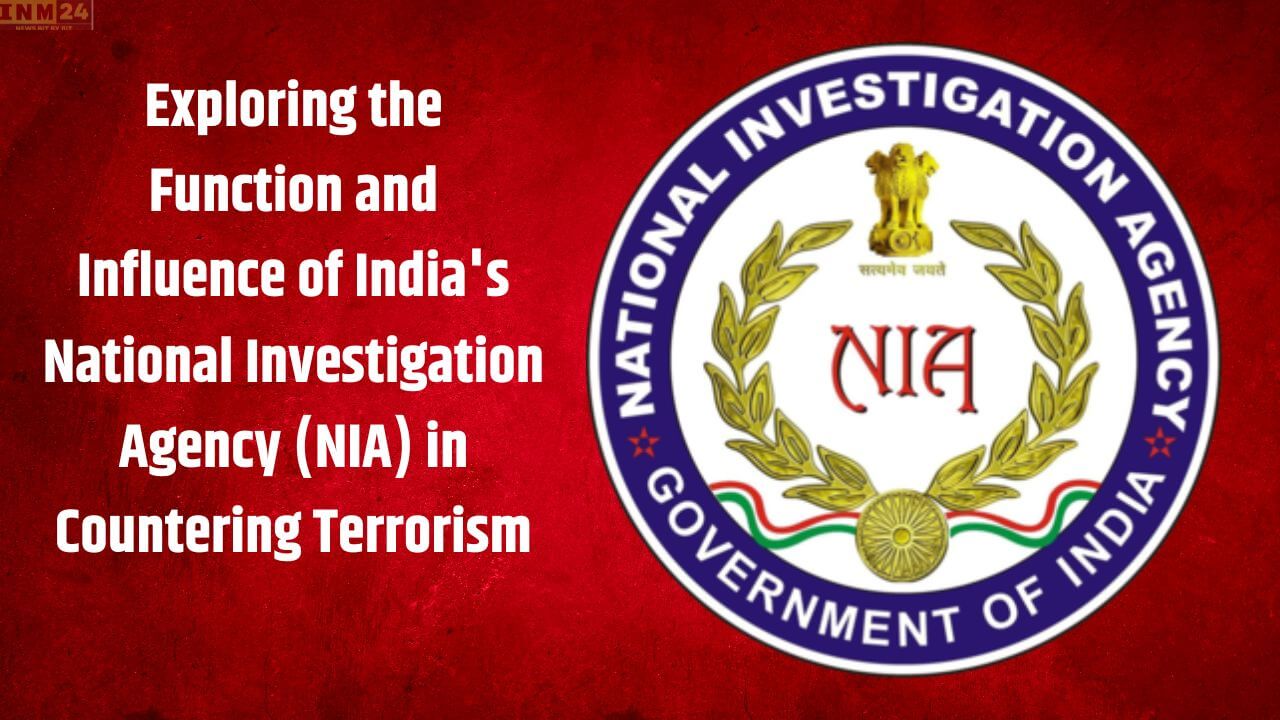The National Investigation Agency (NIA) is a central investigative agency established in India to combat terrorism and other serious crimes. It was formed under the NIA Act of 2008, initiated by the Indian government. The agency gained prominence after the terrorist attacks in Mumbai in 2008, leading to its establishment as a central agency. Currently, NIA operates under the Ministry of Home Affairs and employs approximately 649 personnel.
Functions of NIA
NIA is empowered to investigate various types of crimes, including human trafficking, counterfeit currency or banknotes-related offenses, cyber terrorism, explosive substance-related crimes, and the manufacturing or sale of prohibited weapons. Its officers possess powers similar to those of police officers, aiding in the investigation of such crimes.
NIA has been granted jurisdiction to investigate listed offenses in India and crimes that fall under international treaties and domestic laws. Additionally, the central government has the authority to direct NIA to conduct direct investigations into cases involving listed offenses in India.
Personnel
Officers working in NIA are selected from various services such as the Indian Revenue Service, Indian Police Service, state police, and central armed police forces like CRPF, ITBP, and BSF. Recruitment of new personnel in NIA also occurs through examinations.
As per available information, NIA has registered approximately 244 cases so far, with 37 cases resolved either completely or partially.
